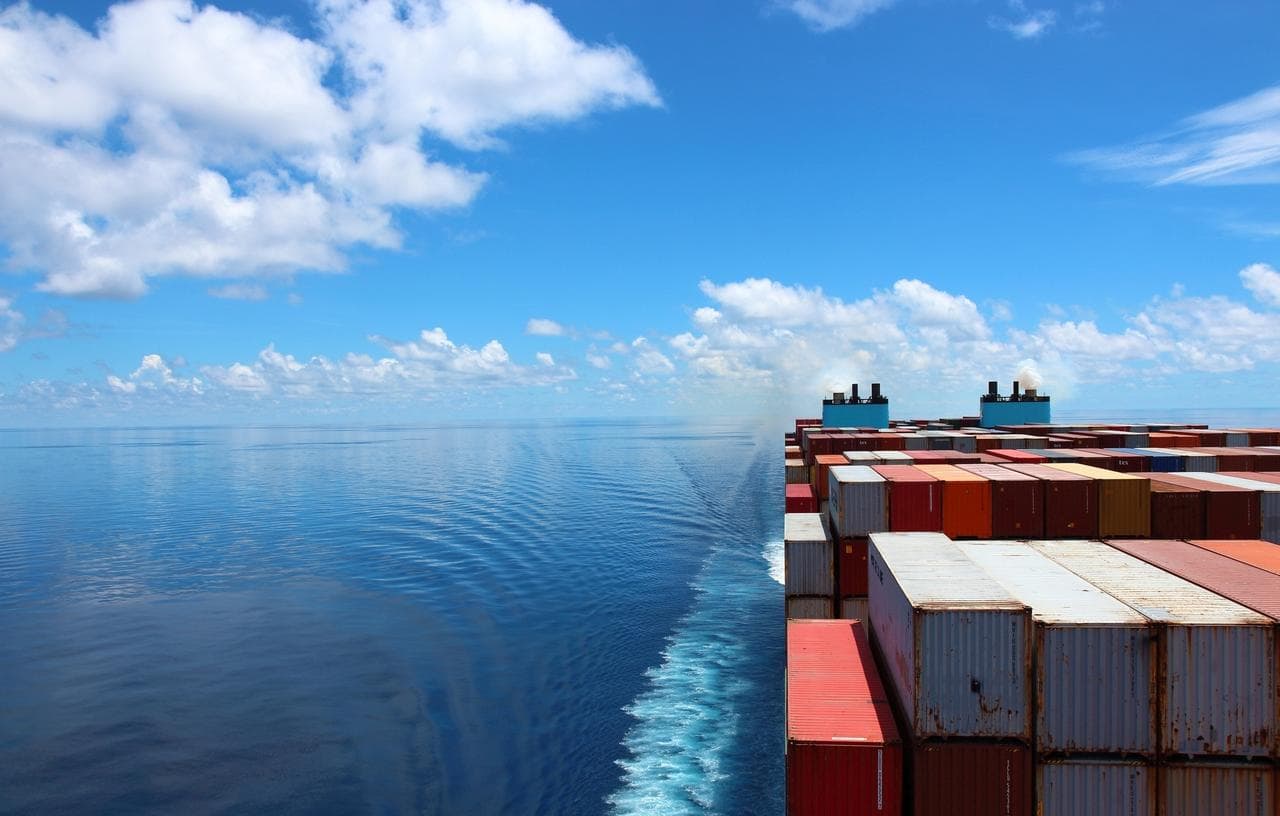
Closing the gap: how maritime training must evolve to meet decarbonisation goals
Source: SeaOrama collaborative research study, Greece 2024
As the maritime industry accelerates its journey toward decarbonisation, the demand for new skills is outpacing the availability of relevant training. Alternative fuels, evolving regulations, and sustainability mandates are transforming operations – but are we equipping crews to keep up?
We collaborated with SeaOrama on a study involving maritime professionals which revealed where the industry stands – and where it must go next.
Decarbonisation training: industry sees a gap
As decarbonisation gains urgency across sectors, companies are looking for ways to equip their workforce with relevant skills. But is the current training landscape meeting that demand?
We asked 34 industry professionals how they would rate the availability of decarbonisation training programmes in the market today. The results reveal a clear opportunity – and a call to action.
What the data shows
-
47% said training is only somewhat available
-
26% reported limited availability
-
21% felt there are many courses and options available
-
Just 3% believed all needs are covered
-
Another 3% said it’s not available at all
What it means
Most professionals feel the current offering is patchy at best. Only 1 in 5 see a robust range of options. This suggests a significant unmet need for accessible, high-quality, and targeted decarbonisation training.
The opportunity
Training providers have a chance to lead by:
-
Expanding course offerings tailored to decarbonisation challenges
-
Embedding sustainability skills into existing programmes
-
Delivering content in flexible, blended formats
If your workforce isn’t ready for the transition, now’s the time to invest. The skills gap is real – and the market is asking for more.
What makes alternative fuels training truly effective?
To understand how to better prepare crews for the shift to alternative fuels, we asked industry professionals to rate different training approaches by impact. The results show a strong preference for realism, relevance, and expert input.
The top-rated areas were more practical and hands-on exercises, inclusion of real-life case studies and best practices, and collaboration with industry experts. These options received the highest number of “most impactful” ratings, highlighting a clear demand for applied learning that mirrors operational realities.
Customised training programmes tailored to specific needs and better access to simulators and advanced tools also scored well. These findings suggest that one-size-fits-all courses may fall short – companies are looking for training that aligns closely with their systems, vessels, and crew roles.
While VR/AR tools and gamified environments drew mixed responses, a segment of respondents did see promise in immersive and interactive formats. However, more frequent refresher training was seen as moderately impactful, indicating that frequency alone isn’t enough – content and format matter more.
The takeaway? Effective alternative fuels training should be practical, scenario-based, and built in collaboration with experts. Simulations, real-world examples, and operational tailoring should be at the core. New technologies have a role to play, but only when integrated with substance and relevance.
What works best for alternative fuels training? Industry weighs in
When it comes to training crews on alternative fuels, effectiveness depends on more than content – it’s about how that content is delivered. Respondents rated various training methods, and the results suggest a clear preference for blended and experiential formats.
The top-rated methods were onboard training (on the job) and blended learning (a mix of classroom and virtual), both receiving high marks for effectiveness. These approaches offer practical relevance and flexibility – two key needs for today’s workforce.
Simulator-based training also scored well, reinforcing the value of realistic, hands-on practice. In contrast, VR/AR training was rated least effective by a significant number of participants, despite growing industry interest. Similarly, self-paced e-learning and traditional classroom lectures were viewed as moderately effective but less impactful overall.
Interestingly, virtual training with a live instructor (e.g. via Zoom or Teams) landed in the middle, with many seeing it as a viable option – especially when in-person access is limited.
The takeaway? The most effective alternative fuels training combines live instruction, real-world application, and interactive formats. The future of learning isn’t one-size-fits-all – it’s blended, flexible, and rooted in operational context.
Training challenges in decarbonisation: what’s holding crews back?
As the demand for alternative fuel and decarbonisation knowledge grows, companies face mounting pressure to train their crews effectively. But what are the biggest roadblocks?
Survey responses point to three top challenges: high costs of training, limited availability of customised programmes, and insufficient coverage of the latest technologies. These were most frequently rated as “most challenging,” indicating a strong need for more relevant, up-to-date, and affordable options.
Other issues include lack of hands-on training and limited scheduling flexibility, both of which make it harder for crews to access learning when and where they need it. Meanwhile, inconsistent quality of training providers and physical attendance requirements also remain barriers – particularly in remote or offshore contexts.
The data sends a clear message: to support the industry’s transition, training must be more accessible, tailored, and grounded in current tech and practical skills. Meeting these expectations will be key to equipping the workforce for a decarbonised future.
Source: SeaOrama collaborative research study, Greece 2024